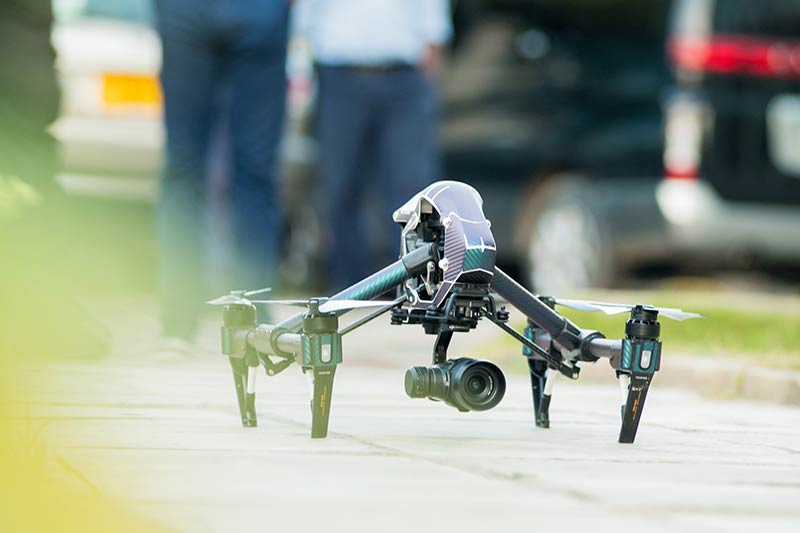
The International Civil Aviation Organization (ICAO) has begun
consultative work needed to establish low-altitude traffic management guidance
for domestic unmanned aircraft systems (UAS) or drones.
ICAO, a specialised agency of the United Nations, sets
standards and regulations necessary for aviation safety, security, efficiency,
capacity and environmental protection. As drone deliveries, inspection and
autonomous flying taxis reach reality, ICAO recognises that an agreed global
approach will greatly assist businesses and others in launching their UAS
services with suitable levels of investment confidence and operational safety.
ICAO is now convening its second DRONE ENABLE event for
13-14 September in Chengdu, China. The focus of the event will be on exploring
new solutions with experts and innovators from industry, academia and other
areas to help globally coordinate the development of UAS activities, and safely
integrate UAS traffic management systems and existing conventional air traffic
management systems.
In preparation for the Chengdu event, ICAO has also issued a
second request for information (RFI) to expand on the guidance material which
was initiated after its first DRONE ENABLE in 2017, ICAO's UAS Industry
Symposium in Montréal, Canada.
Interested parties can contribute to the 2018 ICAO RFI via
the UN aviation agency’s Unmanned Aviation website at www.icao.int/safety/ua.
ICAO’s Council President Dr. Olumuyiwa Benard Aliu, said, “Many
new proposals and innovations are emerging on a daily basis regarding unmanned
aircraft and their operations at low altitudes. ICAO is the natural agency to
bring together the best and brightest from government and industry to define
how these aircraft can be safely integrated into modern airspace, and in a way
that optimises their benefits globally for the wide range of public and private
sector operators.”
“Multiple States and regional groups have activities
underway to establish a UAS airspace management tool for lower altitudes, and
ICAO’s work through this RFI process will help to facilitate harmonised
solutions which are safe, secure, sustainable, and most importantly globally
aligned,” noted ICAO Secretary General Dr. Fang Liu.
“Our over-riding goal at ICAO is to better define the issues
involved, whether technical, operational or legal, and also to ensure safety
continues to remain our highest priority.”
Background
In 2015, ICAO established the Unmanned Aircraft Systems
Advisory Group (UAS-AG)
to support the Secretariat
in developing guidance material and expedite the development of provisions to
be used by States to regulate unmanned aircraft systems (UAS), with its
industry and international partners, as well as the Member States, has been
instrumental in providing support to the global aviation safety collaboration.
In October 2016, during ICAO’s 39th Assembly, world
governments requested that ICAO develop a global baseline of provisions and
guidance material for the harmonisation of regulations on UAS that remain
outside of the international instrument flight rules (IFR) framework. This
request was based on three factors: the need to maintain safety for manned
aircraft; the desire for harmonisation of domestic UAS regulations; and the
need for assurance from the leading global aviation standards-making body that
the best options for UAS operations were being considered and
recommended.
In order to accomplish this, the UAS‑AG began a second,
larger phase of work (Phase II). The UAS-AG continues to serve as a technical
body, working under the management of the ICAO Secretariat. It reviewed and
assessed submissions from States, industry and academia to ICAO's Requests for
Information (RFIs). Based upon the assessments, further submissions were
invited for the first DRONE ENABLE and now for the second Symposium.
















